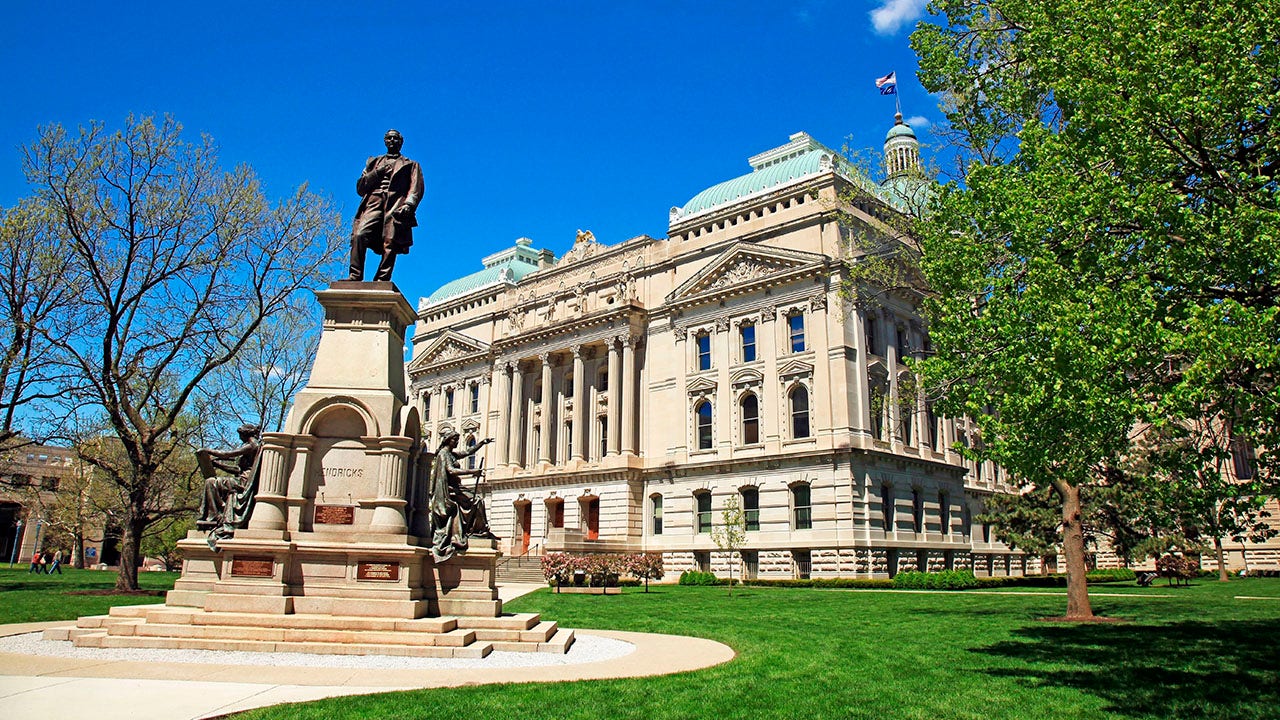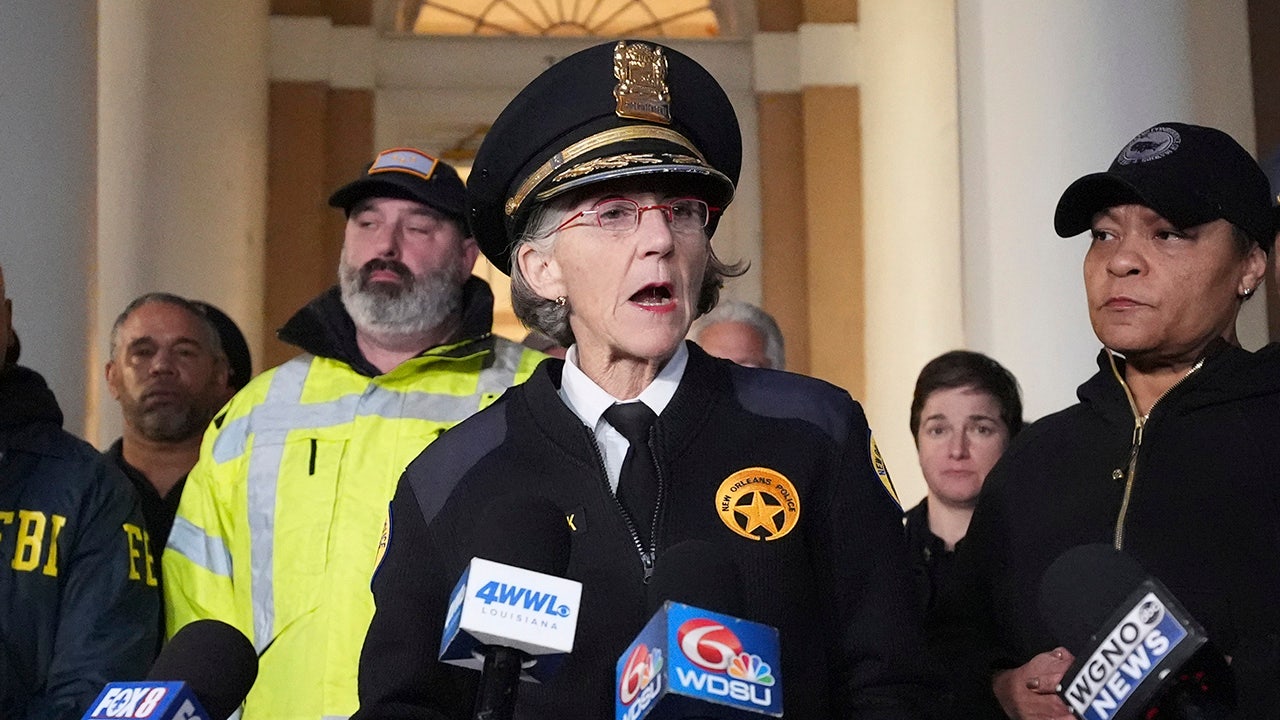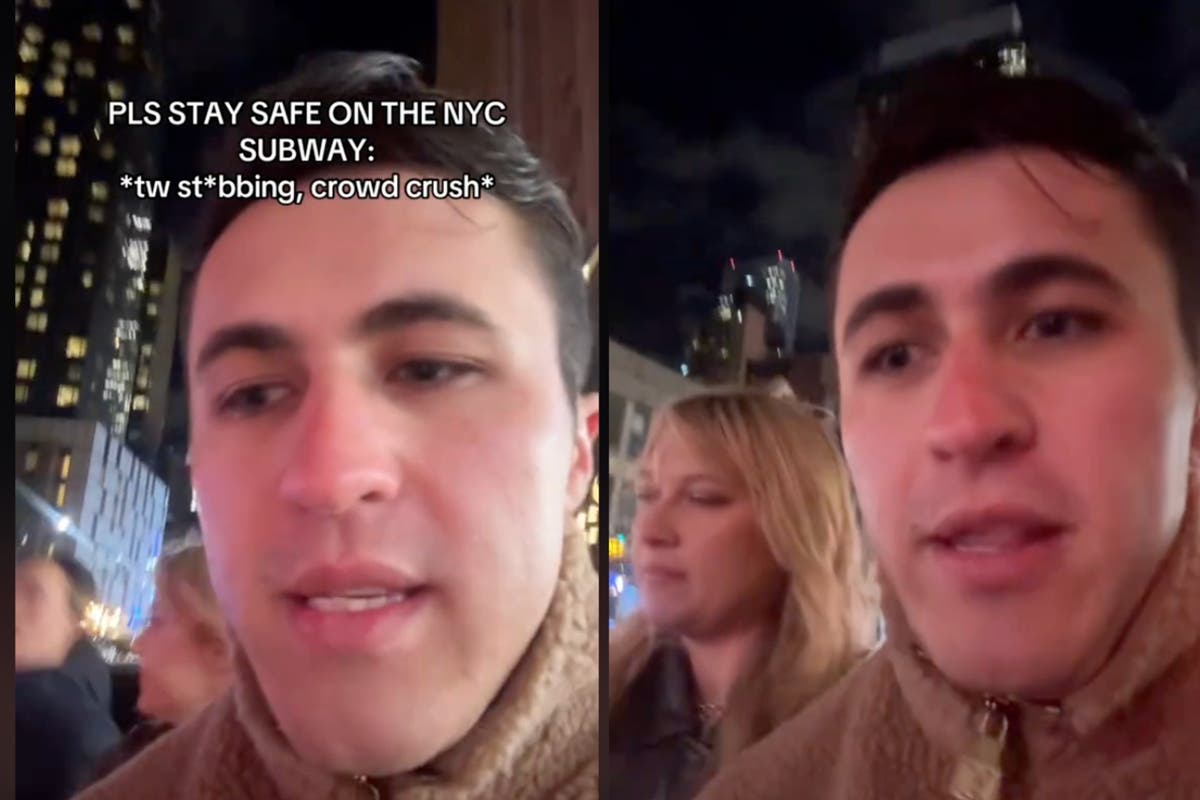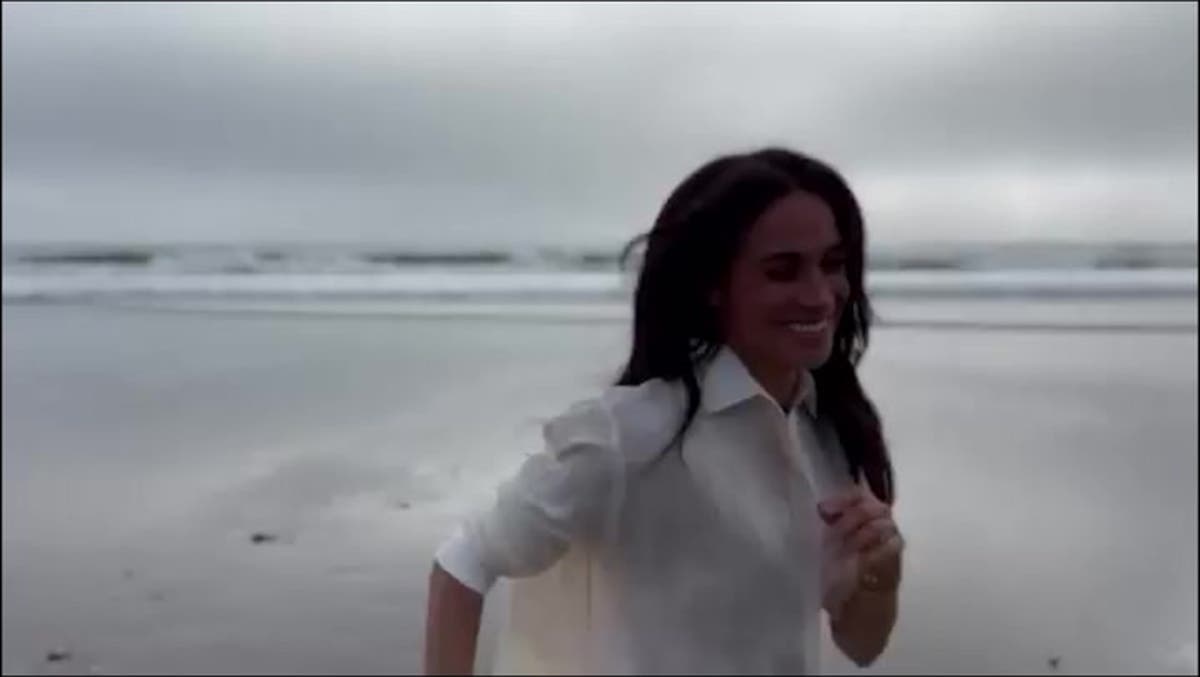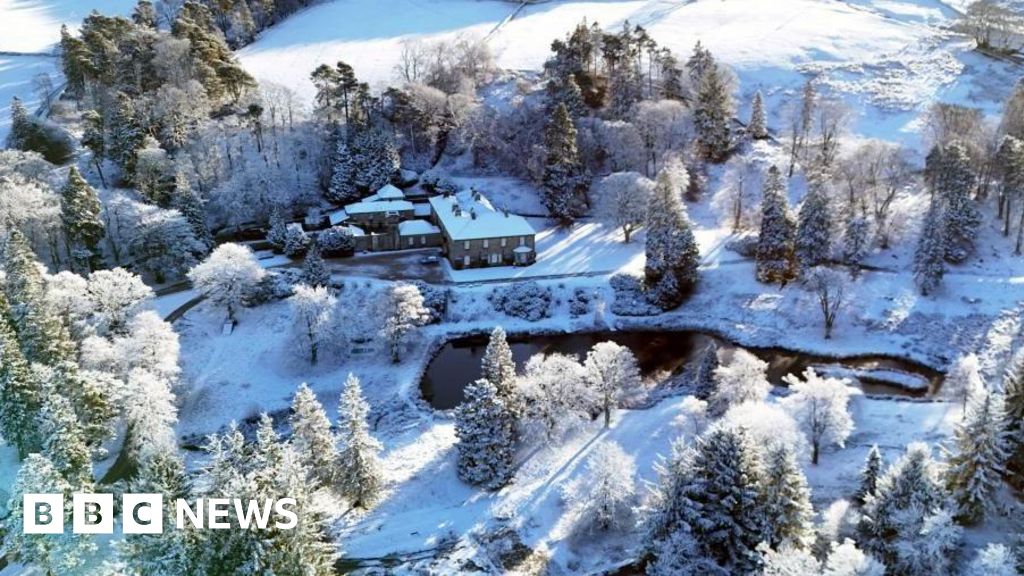A lot of climate discussion revolves around time. Lines rise across charts predicting the next century. Scientists set deadlines for the coming decades. Each month seems to bring news of a new heat record. The sense that time is running out can be heady.
As the Earth warms, natural wonders — coral reefs, glaciers, archipelagos — are at risk of damage and disappearance. This has motivated some travelers to engage in “last-chance tourism,” visiting places threatened by climate change before it’s too late.
“For thousands of years, humans have raced to be the first to scale a peak, cross a frontier, or document a new species or landscape,” Paige McClanahan writes in a piece for The Times. “Now, in some cases, we’re racing to be the last.”
A vanishing glacier
One such destination is the Mer de Glace, the largest glacier in the French Alps, where thousands of people go each year to ski. (Early tourists included Mary Shelley and Mark Twain.)
The glacier, like many others, is melting rapidly. A new, higher lift opened recently to stay closer to the retreating ice. And a study published in the journal Science last year found that around half of the world’s glaciers will have melted by the end of this century, even if nations stick to the goals of the Paris climate agreement.
“For someone who doesn’t know how it used to be, it’s a beautiful scene,” a visitor to the glacier told Paige. “But when you know the difference, it really is sad.”
Pros and cons
There is some evidence that visiting an ecosystem threatened by climate change could lead people to become more aware of their impact on the environment.
In a 2020 survey conducted by researchers at the Mer de Glace, 80 percent of visitors said that they would try to learn more about how to protect the environment, and 77 percent said they would reduce their water and energy consumption.
Some tourist spots have leaned into education. In Peru, officials renamed a trek to the Pastoruri glacier “La Ruta del Cambio Climático,” or “The Route of Climate Change.” And at the Mer de Glace, an exhibit about climate change — called the Glaciorium — is set to open later this year.
There are some, however, who question of the value of last-chance tourism. Visiting fragile environments can do more harm than good.
Some people travel to Antarctica because they fear it is being destroyed. But, as Sara Clemence highlighted in a piece in The Atlantic last year, travel there requires a lot of fuel, while visitors can introduce disease and damage wildlife. And research by Karla Boluk, an academic from the University of Waterloo, found that a majority of last-chance tourists to two sites in Canada were unwilling to pay extra to offset the carbon footprint of their trip.
“There’s an ethical paradox of last-chance tourism,” Boluk told The Times, “and it involves the moral question of whether travelers acknowledge and respond to the harm they promote.”
THE LATEST NEWS
2024 Election
THE SUNDAY DEBATE
Should Michigan’s protest vote worry Biden?
Yes. That 100,000 Michigan voters vented their discontent with Biden, many over his handling of Israel’s invasion of Gaza, is a problem for him. “The Biden campaign has to deal with how the president’s policy could impact his re-election effort,” USA Today’s Sara Pequeño writes.
No. There are more moderates who agree with Biden’s policies than there are progressives who disagree with him. “It would be a mistake to think that shifting his policy to the left would be a net gain for him,” John Halpin writes for CNN.
Hidden history: Alderney, a windswept island in the English Channel, feels like a remote haven. During World War II, it was a site of Nazi atrocities.
Thank you very much: As a boy in Pakistan, Airaj Jilani idolized Elvis. Decades later in the U.S., he still has his passion — and his impeccable impersonation.
Vows: Their corporate speak turned into a language of love.
Lives Lived: Nancy Wallace helped transform the Bronx River from a watery graveyard for automobiles and appliances into an urban greenbelt for New York City. She died at 93.
THE NEW YORK TIMES MAGAZINE
The A.I. industry continues to boom, and to poke at our anxieties. In late 2022, I spoke with the pioneering researcher Yejin Choi, who works on developing common sense and ethical reasoning in A.I.
Can you explain what “common sense” means in the context of teaching it to A.I.?
It’s the unspoken, implicit knowledge that you and I have. It’s so obvious that we often don’t talk about it. You and I know birds can fly, and we know penguins generally cannot. So A.I. researchers thought, we can code this up: Birds usually fly, except for penguins. But in fact, newborn baby birds cannot fly, birds covered in oil cannot fly. The point being, exceptions are not exceptional, and you and I can think of them even though nobody told us. It’s not so easy for A.I.
What’s most exciting to you right now about your work in A.I.?
I’m excited about value pluralism. Another way to put it is that there’s no universal truth. A lot of people feel uncomfortable about this. As scientists, we’re trained to be very precise and strive for one truth. Now I’m thinking, well, there’s no universal truth — can birds fly or not? Moral rules: There must be some moral truth. Don’t kill people, for example. But what if it’s a mercy killing? Then what?
How could you possibly teach A.I. to make moral decisions when almost every rule or truth has exceptions?
A.I. should learn exactly that: There are cases that are more clean-cut, and then there are cases that are more discretionary. Instead of making binary, clean-cut decisions, it should sometimes make decisions based on This looks really bad. Or you have your position, but it understands that, well, half the country thinks otherwise.
Read more of the interview here.
BOOKS
New fiction: “Wandering Stars,” the follow-up to Tommy Orange’s “There There,” follows the descendants of a massacre on Native Americans over a century and a half. Our review calls it a towering achievement.
Our editors’ picks: In “The Mysterious Case of the Alperton Angels,” readers sift through texts, emails and more to discover the story behind a series of occult deaths.
Times best sellers: “The Chaos Agent,” the 13th book in Mark Greaney’s Gray Man series, is new this week on the hardcover fiction best-seller list.
THE MORNING RECOMMENDS …
Check in on your emotional well-being.
Clean your dog’s bed.
Feel safer with a smart security device.
THE WEEK AHEAD
What to Watch For
-
North Dakota holds Republican caucuses tomorrow.
-
Then it’s Super Tuesday. Sixteen states have primary elections or caucuses, including California, where Representatives Katie Porter and Adam Schiff are competing for a Senate seat.
-
Biden will make the State of the Union address on Thursday.
-
International Women’s Day is Friday.
-
Congress’s deadline to avert a government shutdown is Friday.
-
Trump is scheduled to host Hungary’s prime minister, Viktor Orban, at Mar-a-Lago on Friday.
What to Cook This Week
In this week’s Five Weeknight Dishes newsletter, Emily Weinstein suggests making Eric Kim’s five-ingredient peanut butter noodles, which she calls “a Parmesan-tossed classic in the making.” Her other suggestions include an orange-glazed baked salmon, a one-pan crispy chicken and chickpeas and a cheesy and spicy black bean bake.











